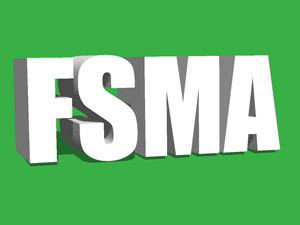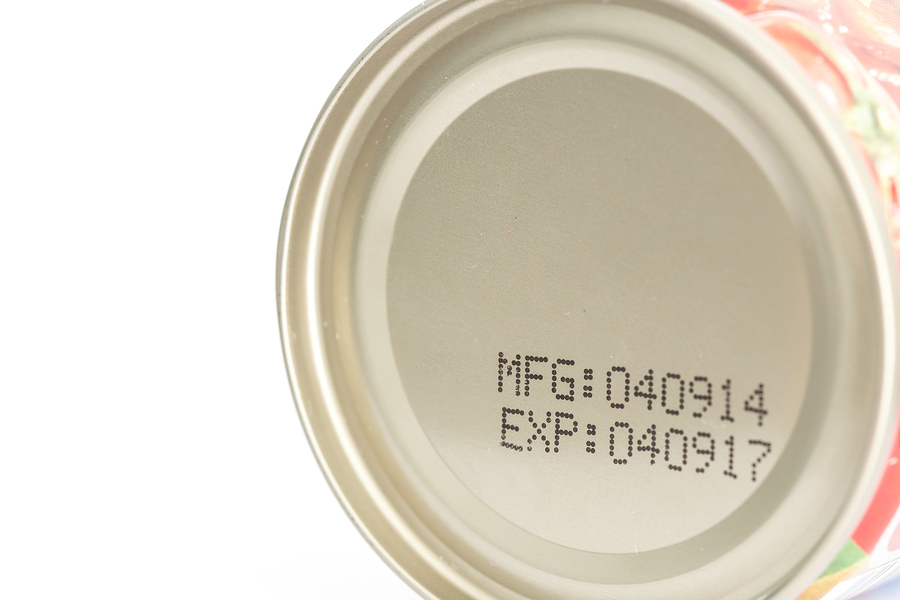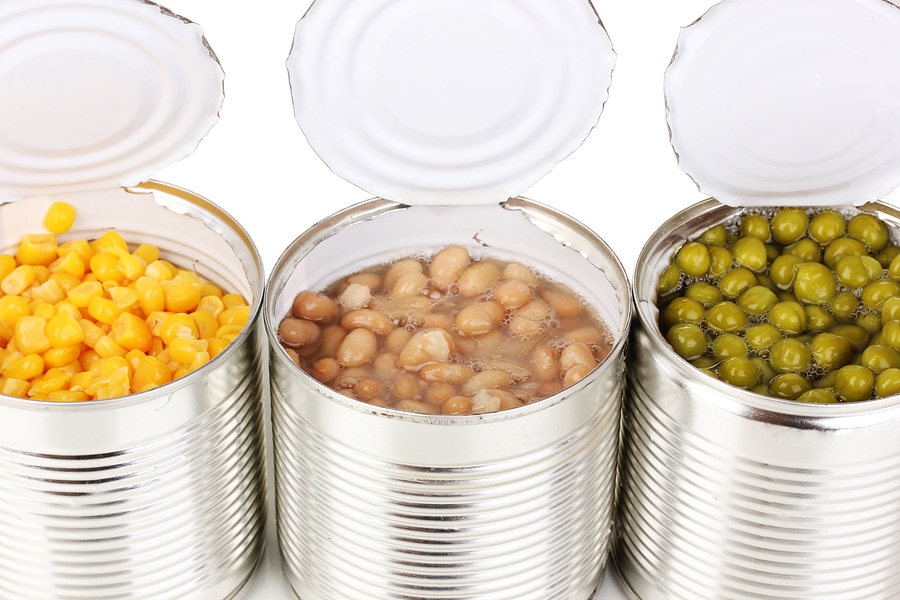On October 20, 2014, a World Trade Organization (WTO) Dispute Settlement Panel (DSP) issued a report which ruled that the revised Country of Origin Labeling (COOL) regulation finalized by USDA in May 2013 (2013 Final Rule) did not make the COOL laws and regulations as applied to beef and pork compliant with the Technical Barriers to Trade Agreement (TBT) and the General Agreement on Tariffs and Trade 1994 (GATT 1994). Canada and Mexico challenged the U.S. before the WTO over COOL. The 2013 Final Rule amended the final COOL rule issued by USDA in 2009 (2009 Final Rule). The 2013 Final Rule requires the countries where the animal was born, raised and slaughtered to be labeled, with certain limited exceptions. The 2013 Final Rule did not change labeling requirements for ground product or imported meats (just imported live animals processed in the U.S.). The DSP ruled that the 2013 Final Rule actually increased the negative effect on imported livestock over the 2009 Final Rule by creating more categories of labels, and thus more segregation of product throughout the supply chain. The 2013 Final Rule also eliminated the ability to comingle animals of different origin during a single production day at a processing facility and certain flexibility in the order in which countries were listed on labels. The DSP noted these were also factors which led to increased segregation of product. The DSP ruled that the 2013 Final Rule has a detrimental impact on imported livestock and the detrimental impact did not stem from legitimate regulatory distinctions (for example, not all countries where an animal is raised are required to be declared on the label, and many products are exempt from labeling, such as those combined with other ingredients, or sold in restaurants.
What does this ruling mean for the food industry?
WTO rulings alone do not change U.S. law, Congress must take action. The 2013 Final Rule remains in effect and compliance is still required. A presentation on the requirements of the 2013 Final Rule may be found here. Canada and Mexico have drawn up lists of products they intend to impose retaliatory tariffs on; however, with the implementation of such retaliation many months, if not years away, and WTO proceedings still ongoing, it remains unclear if this threat will spur Congress to act to change the law. COOL has been a divisive issue on Capitol Hill for years. In the meantime, retailers, wholesalers and processors must continue to comply with the COOL regulations. For more information please contact Erik Lieberman at erl1@liebermanpllc.com or +1.202.830.0300.




